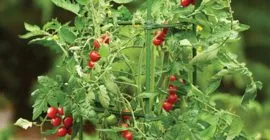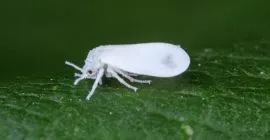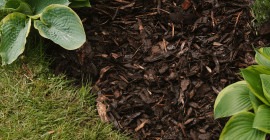Gardening is hard work, but pests can ruin our plants. Chemical pesticides can quickly solve problems, but can also harm the environment, insects, and human health. Fortunately, there are natural pest control solutions you can use without having to use harsh chemicals, which keep your plants healthy.
Here are some eco-friendly methods to control garden pests naturally.
1. Invite Beneficial Insects
Nature has helpful bugs like ladybugs, lacewings, and predatory wasps that control pests in their own way. These insects prey on common garden pests like aphids, caterpillars, and mites, helping to keep their populations in check. To attract beneficial insects to your garden, plant a diverse array of flowers, herbs, and native plants. Wildflowers provide habitats and food sources for various wildlife, including insects, birds, and small mammals. They attract pollinators such as bees, butterflies, and hummingbirds, which are crucial for the reproduction of many plant species.
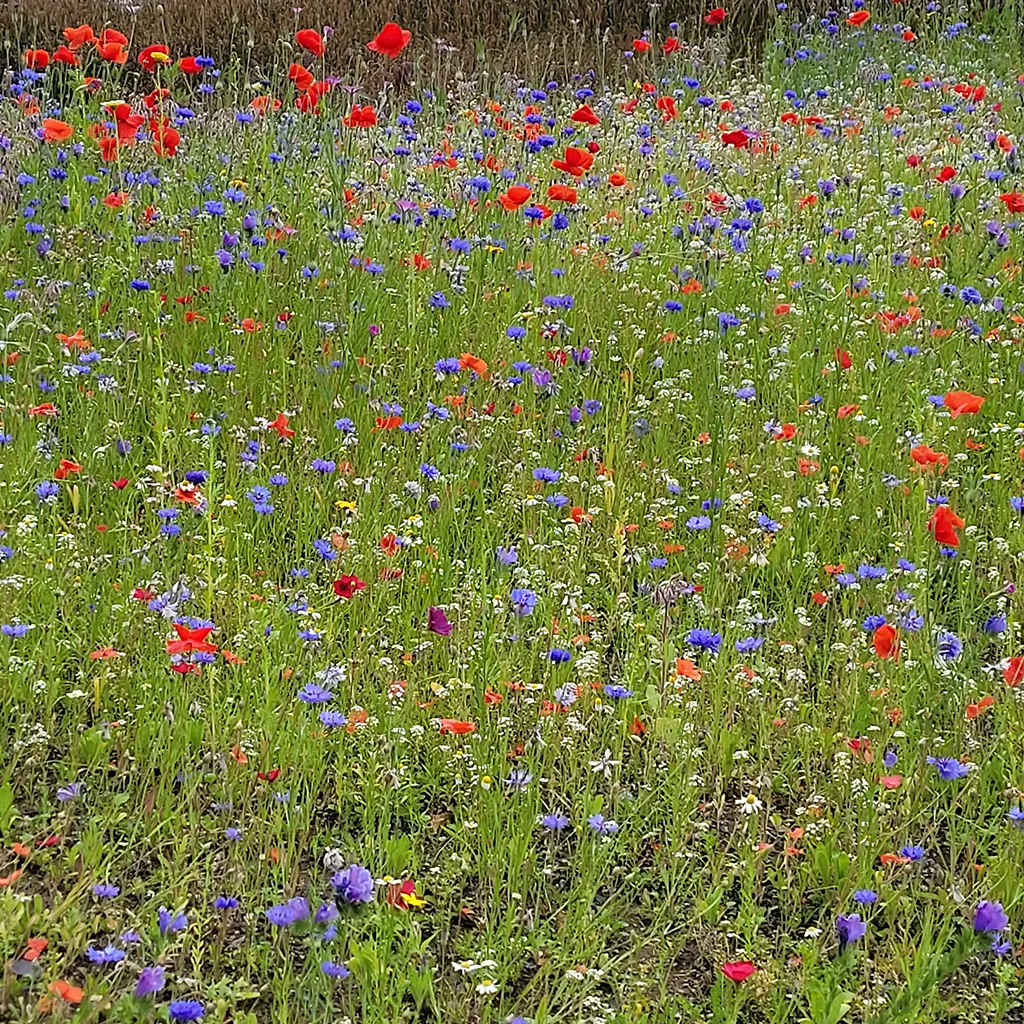
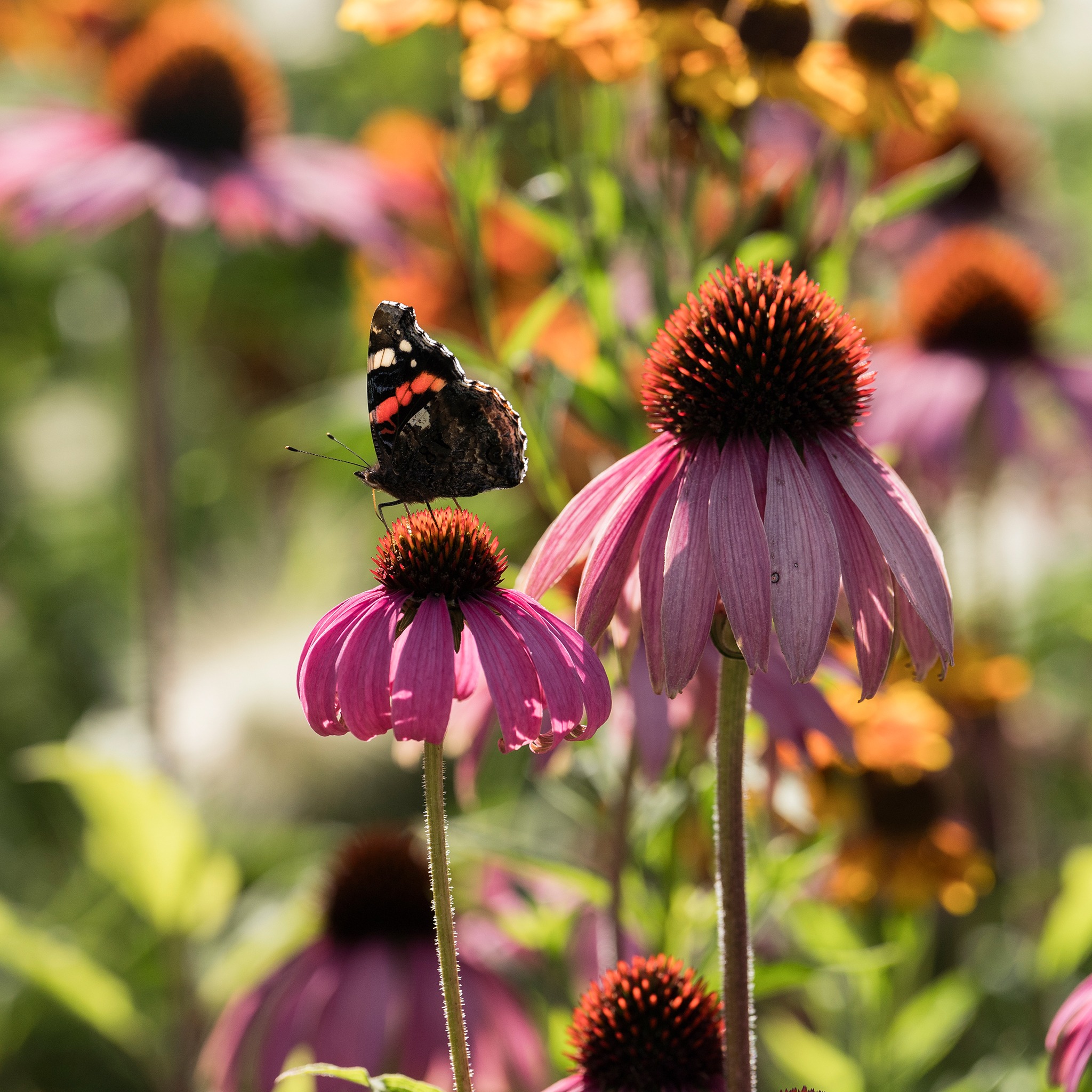
You can also install insect hotels or provide shelters like rocks and logs where these beneficial bugs can take refuge.
2. Practice Companion Planting
Companion planting involves strategically placing compatible plants together to enhance growth and deter pests. Planting basil, mint, and rosemary with crops can keep pests away because of their strong smells. Marigolds also help to keep pests away. Plant them in your garden to repel nematodes, aphids, and other harmful bugs.
3. Use Natural Repellents
Certain plants contain natural compounds that repel common garden pests. For instance, garlic and onions emit strong odors that deter aphids. Chili peppers can also fend off caterpillars and beetles.
Additionally, introducing plants like citronella, lavender, and citronella grass can keep mosquitoes at bay, creating a more enjoyable outdoor experience.
4. Use Natural Control Products
There are also ready made solutions available to help control pests in the garden. You can control common UK garden pests such as Aphids and Whitefly with a ready to use spray such as Westland Bug Guard. It is a natural spray that will target and immobilise pests, as well as improve a plant’s natural defences. It is pesticide-free and biodegradable, so it isn’t harmful to the environment.
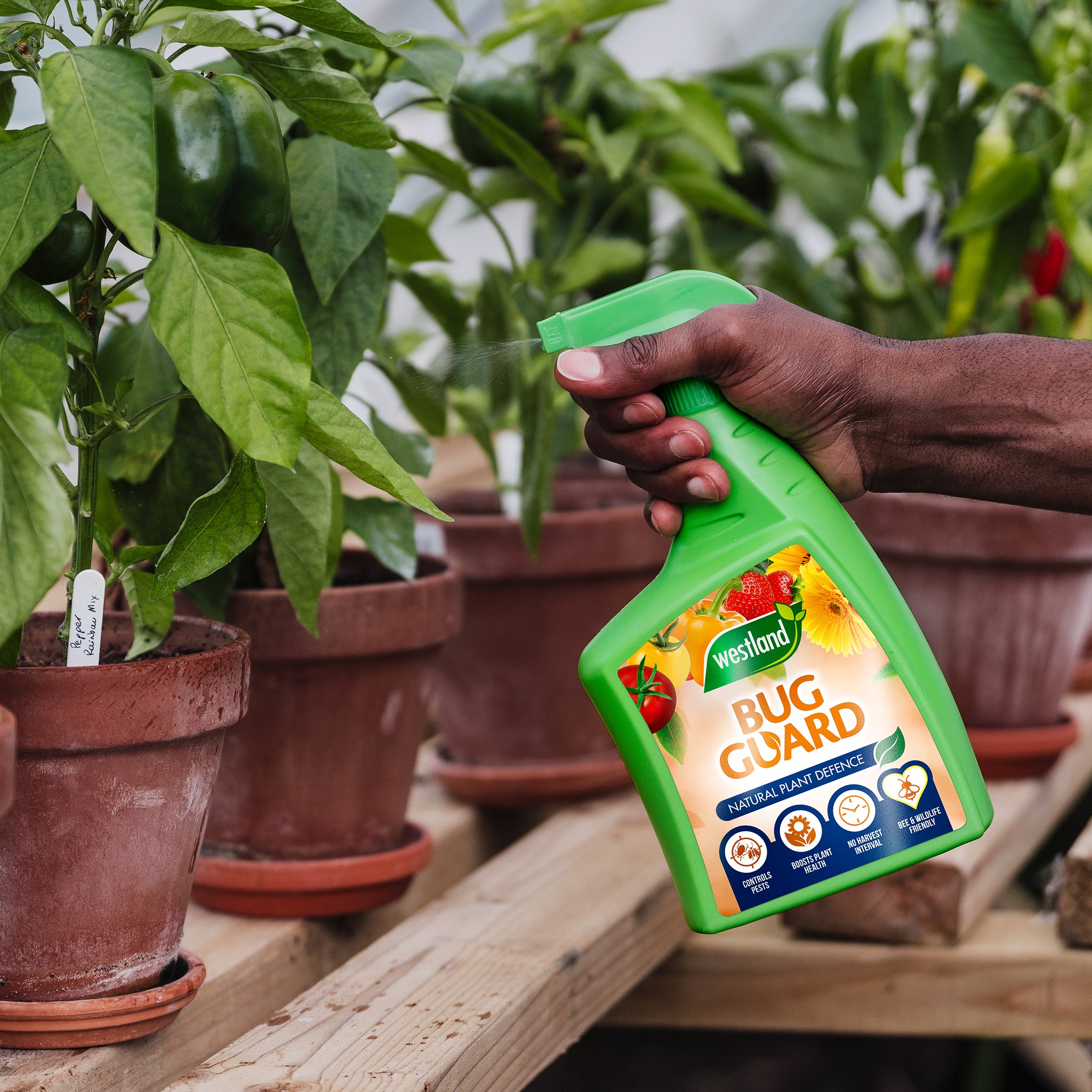
If slugs are a problem, then natural pellets like Growing Success Slug Stop Pellets can help deter them from your plants. These organic pellets provide an effective barrier against slugs and snails to protect your plants and crops from damage.
5. Employ Physical Barriers
Physical barriers offer a simple yet effective way to protect your plants from pests. Protect crops from insects with covers like mesh netting or floating row covers. These allow sunlight, air, and water to reach the plants. Handpicking pests like caterpillars and slugs can also be an effective method of control, especially for small-scale infestations.
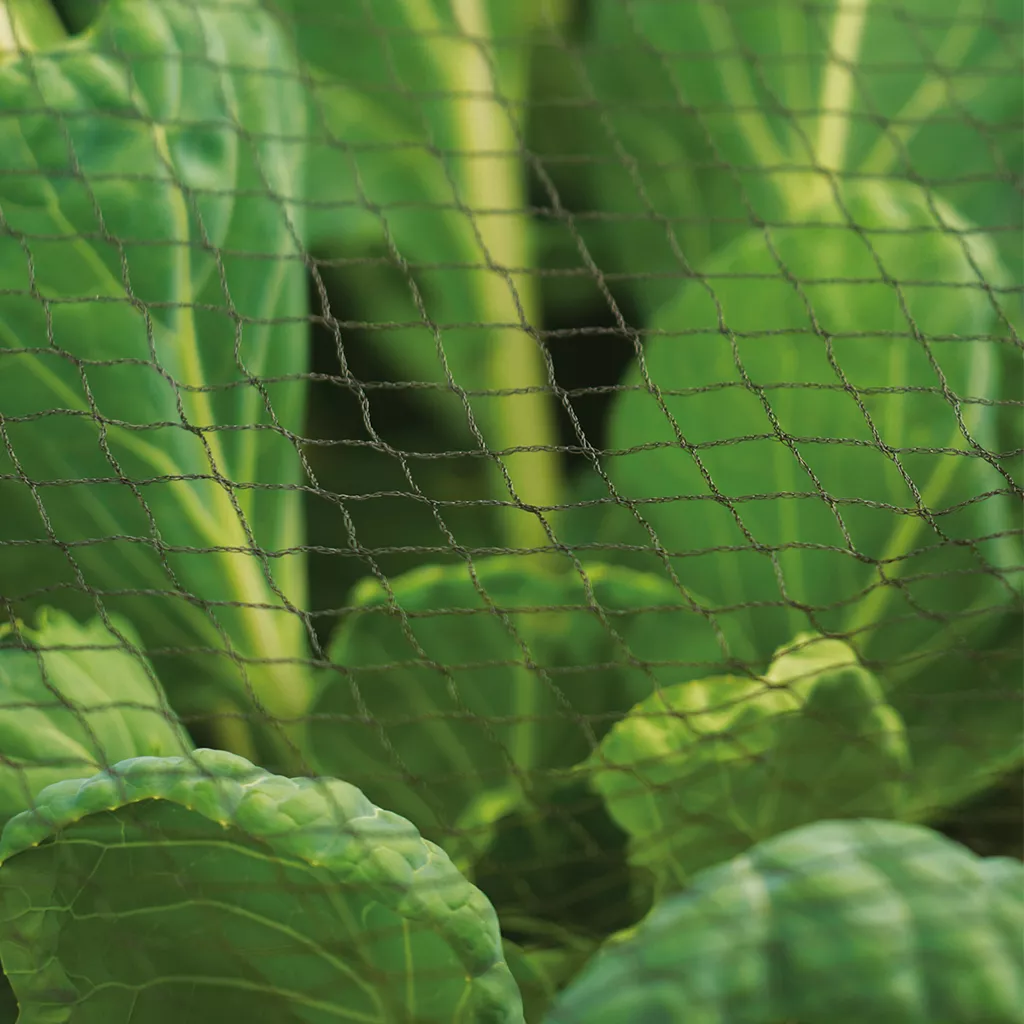
6. Practice Crop Rotation and Soil Health
Rotating crops from year to year can help disrupt the life cycles of pests and prevent the buildup of soil-borne diseases. Additionally, maintaining healthy soil through practices like composting, mulching, and proper irrigation can improve plant resilience and reduce susceptibility to pests and diseases. Healthy plants are better equipped to withstand pest pressure and recover from damage.
Our Organic Gold Fine Mulch is perfect for organic growers and is the ideal choice for those who care deeply about what goes into their soil, and what grows from it. Use it for mulching around trees and shrubs as well as your beds, borders, and vegetable plots. It helps feed your plants, suppresses weed growth, protects tender roots from frost damage, and reduces moisture loss during warm, dry conditions.
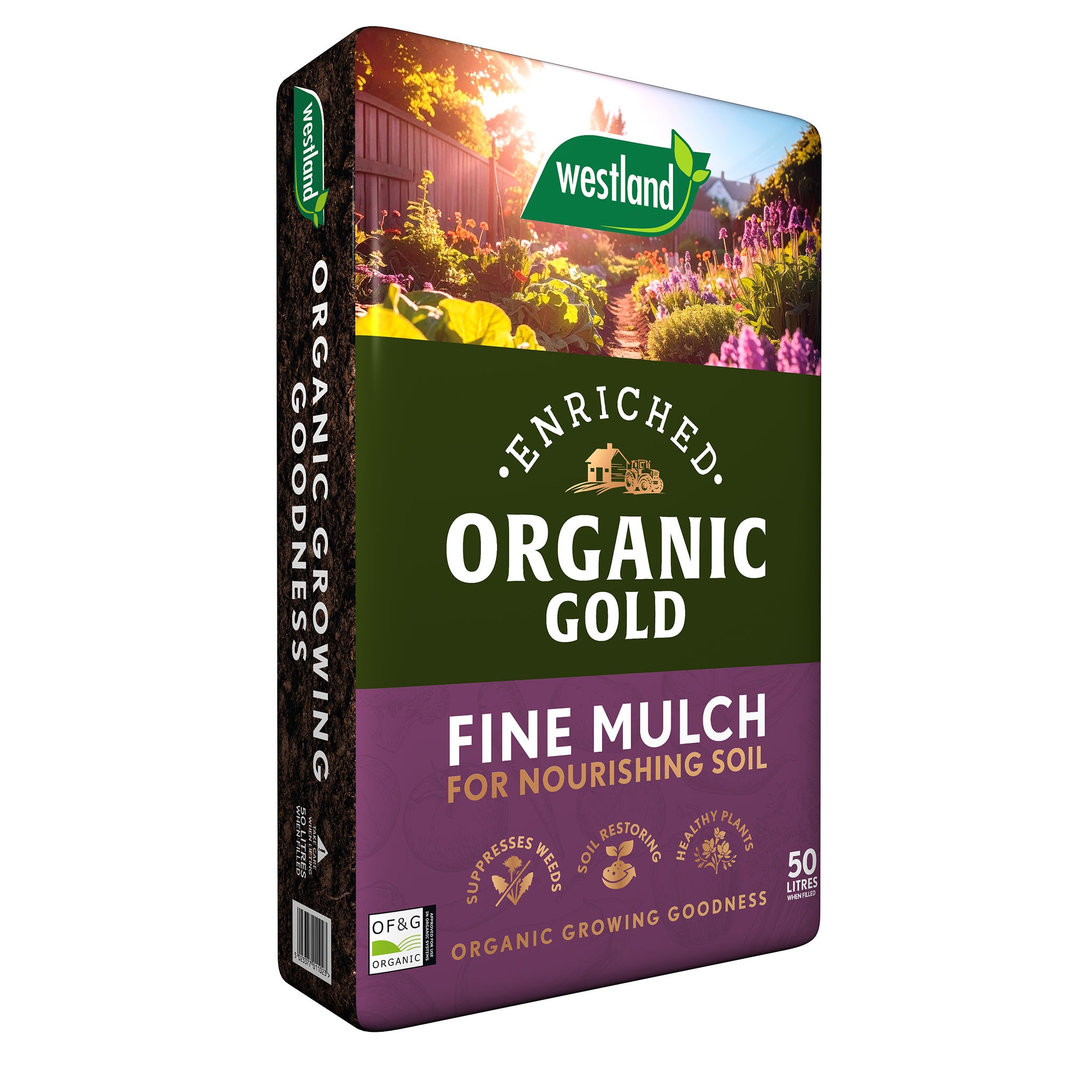
7. Embrace Natural Predators
Encouraging natural predators like birds, toads, and frogs to visit your garden can provide long-term pest control solutions. Provide habitat features such as nest boxes for birds, water sources, and rock piles to attract these beneficial creatures to your garden. Birds eat bugs in gardens, like caterpillars and grasshoppers, helping to control pests and protect plants from damage.
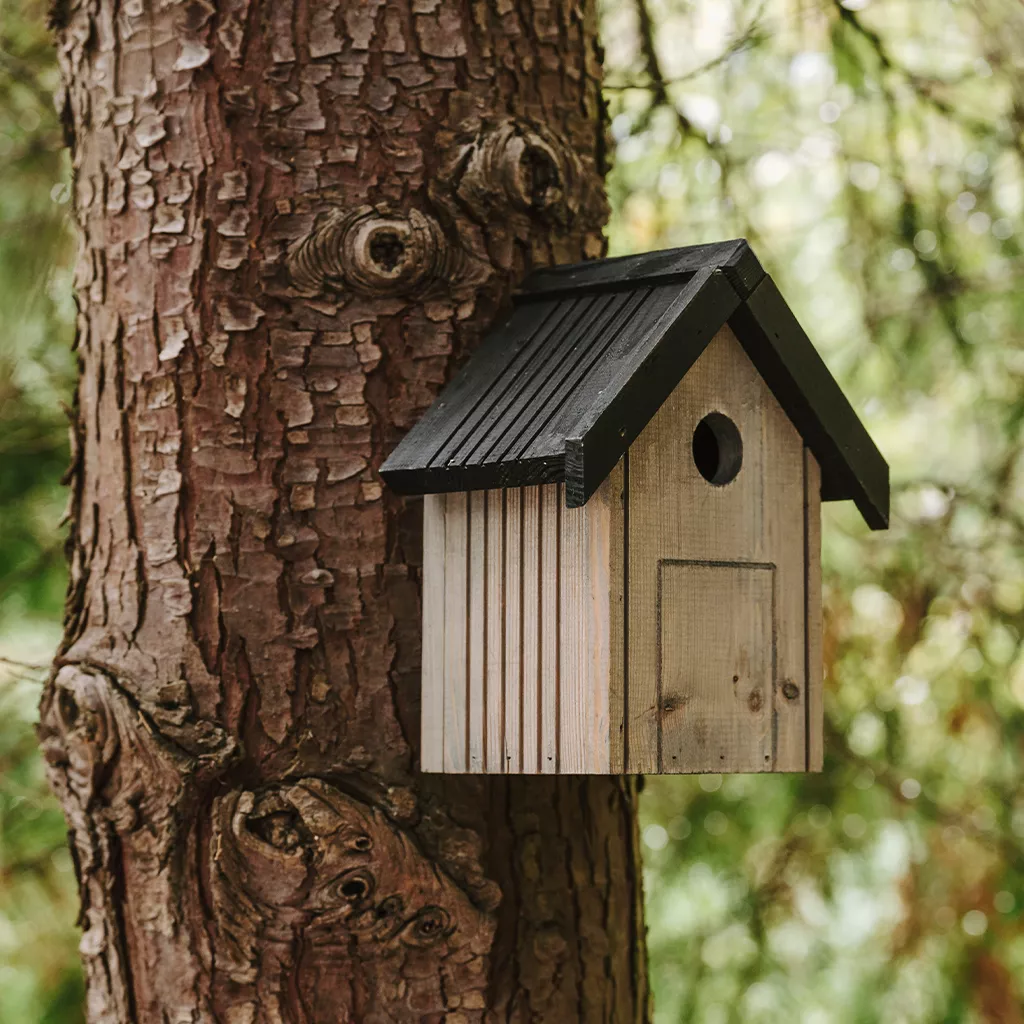
Using natural pest control helps your garden stay healthy and supports a balanced ecosystem. We can make gardens healthier and help wildlife by working with nature, not against it, to reduce harm to the environment. Be proactive in managing pests by using natural solutions and creating a garden that thrives in harmony with nature.

